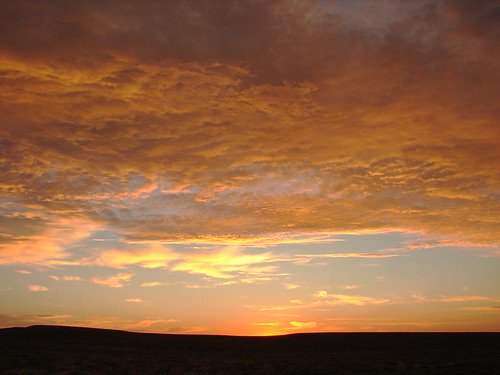A very quiet weekend — what about for you? Some baking and vegetable roasting (all the better to warm the house when the heater’s pilot light is turned off and the rains have begin), some movies and tv, some snuggling with books and with sweeties. And sleeping: good lord, we slept at least 10 hours on Friday night. The rain plus the extra-long dark made staying undercovers a whole lot easier (plus, you know, when it’s bleeding time, all I want to do is rest).
This weekend I also got to witness some of the Laramie Project — Fresh! got to share some of his experience as a part of a training that the SF JCC was doing with local youth leaders (F! was there with the LGBT Speaker’s Bureau — and I will say that my Mr. was brilliant and honest and human with the folks in that room, and I was sure honored to be with him); the idea was to get the young folks talking about LGBTQQI issues. I was grateful to get to be there, with this group of young folks who were doing important organizing work to raise awareness and the capacity to talk about LGBTQQI struggles, whether or not they themselves identified as queer or straight or anything.
Then we all got to see the Laramie Project’s Epilogue — the theater team who went out to Laramie in 1998, a month after Matthew Shepard was killed, returned to Laramie in 2008 to see how or if Laramie had changed in the decade since a young white gay man was tied to a fence post and beaten to death, and the ensuing media storm. Not having seen The Laramie Project, I was drawn in by the bare-bones-ness of the production, the way characters are called out as they’re assumed by an actor, the way actors move through different characters and back into themselves, into their own voices, throughout the production. It’s beautiful, sparse, layered and layering.
It wasn’t until the lights went down and I saw the theater company begin to assume the bodies and voices of Wyoming-ans, began to show us the interactions between New Yorkers and Mid/Westerners, that I began to get really really angry: who are these people to come to the Mid/West and demand/expect change that hasn’t come to New York or San Francisco?
It’s something, to watch one’s people portrayed on stage — folks in the audience at the JCC cracked up when one of the characters calls Heineken an expensive beer; I thought, Yup.
I’m certain others must have come up with critiques around this: the way that folks on the coasts look at gay bashings in the midwest and call it endemic to the virulent homophobia of those damn red-state homophobia — whereas, when queerfolks are murdered in New York or California, what’s the excuse then? Where’s the theater company coming in to ostensibly-blue-state New York from Kansas City or Chicago or Lincoln in the aftermath of the recent gay bashing at the Stonewall Inn, or of the young man tortured by members of a gang because they thought he was gay, and asking residents: how could this happen in your town? What are you doing to create a culture where this could happen? How are you going to change?
What would that theater piece look like, do you think? What would be the class/regional politics around that work?
I’m not against the Laramie Project — I haven’t even seen the original piece, and I want to. I’m maybe finally ready to. I remember all the organizing that went on after Matthew was murdered, and I remember the critiques: why all the attention, the outpouring of love by the mainstream media and the mainstream gay-lesbian movement, for this one murdered gay youth — when, at the same time, queer youth (queer young women) of color were also killed and received almost no press?
The Laramie Project was a part of that outpouring, and so I haven’t been able to watch it with a clear head, without a remembering of the context in which it was created — like I’m still trying to be able to be objective, which just makes no sense. I want to be more clear-headed with this write, and maybe I’ll try again tomorrow. I appreciate what the Tectonic Theater Project does, and F! said, They were called to make this theater piece; if others are called to make a response, create different art, then we’ll support that, too.
And so there’s much more I want to say about this, about these layerings, about the idea of solidarity with a part of the country that holds and rejects me, about regional prejudices, about who’s telling our stories, about what stories are told…
And thank you, today and every day, for the way you tell your own stories, for the way you listen, too, to others’ stories.


2 responses to “red and blue?”